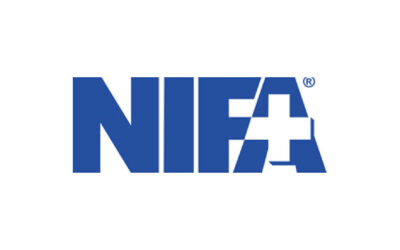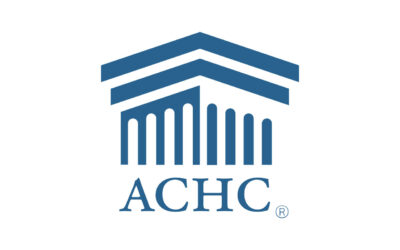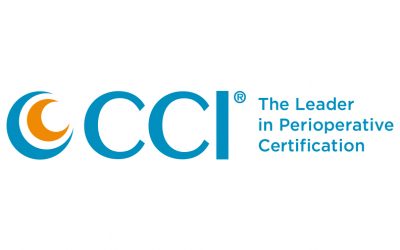
By James X. Stobinski
I recently read a short online article by Jon Marcus (2020) which was posted on the Wired magazine website. His article on microcredentials is one example of how education may be changing because of the pandemic. I would like to introduce some other examples to expand on this theme of change in education.
A relatively recent development in the space shared by education and credentialing is that microcredentials are garnering more attention and acceptance. “Microcredentials are a digital form of certification indicating demonstrated competency/mastery in a specific skill or set of skills.” (NEA, 2019) Marcus makes the point that microcredentials are now being stacked together allowing the learner to earn an associate or baccalaureate degree. Students incrementally increase their expertise, enjoy quick achievements and reap the benefits of increasing their skill set.
The pace of change in nursing, especially the technology intensive operating room setting, requires lifelong learning. This fact is coupled with an increasing emphasis to increase the education level in the profession. At CCI, we believe that microcredentials are one part of the solution for these learning needs. We also know that the broad field of education is changing markedly. While some of these changes were already happening, the pandemic has spurred on the pace of change and brought about new opportunities.
The trend to baccalaureate-level education in nursing continues unabated even during the pandemic. The American Association of Colleges of Nursing (AACN) tells us that there were 777 RN to BSN programs in 2018 with 139,587 students enrolled and 66,530 graduates annually. Most of these programs are partially or entirely online. These graduates combined with the BSN educated students passing the NCLEX will add nearly 150,000 BSN nurses to our profession. The culmination of all these offerings is a change in the makeup of the American nursing workforce with an increasing ratio of nurses holding baccalaureate and graduate-level degrees.
We also know that some very experienced nurses have chosen to retire during the pandemic. This has exacerbated staffing shortages and increased the need for education and training courses for nurses entering the profession. The need for systematic, organized talent development over the span of a career is now accentuated. The quality of our educational courses for bringing nurses into the profession is being tested in real time as facilities must meet staffing needs as surgery schedules are resumed. We believe that there is an opportunity to assess these types of courses, determine best practices and refine our programs. There is also an opportunity to enhance our competency assessment methods in these courses beyond knowledge-based tests.
As a profession, nursing has long used professional and membership meetings as a means for ongoing professional development. Those meetings provided the familiar CE credits needed for licensure and certification. It is safe to assume that both education and travel funding will be in tight supply for the near future. However, many of these in-person meetings have been canceled or converted to a virtual format. Nurses will need other, cost-efficient options if attendance at these meetings are curtailed.
One last consideration is that new skill sets are needed in American health care. For nursing, financial management skills for leaders have become essential. At CCI, we continue to shape our programs to support nurses as they advance their education. We are also engaged in developing new educational offerings in our learning management system to facilitate the lifelong learning of our certificants. We believe that innovations such as microcredentials and certificate programs offer perioperative nurses’ diversity and flexibility, a much-needed asset in these unsettled times.
Reference
American Association of Colleges of Nursing (AACN) (2019). Associate Degree in Nursing Programs and AACN’s Support for Articulation. Accessed August 3, 2020 at: https://www.aacnnursing.org/News-Information/Fact-Sheets/ADN-Facts
Marcus, J. (2020). More Students Are ‘Stacking’ Credentials en Route to a Degree. Accessed August 3, 2020 at: https://www.wired.com/story/students-stacking-credentials-route-degree/
National Education Association (2019). Microcredential guidance. Accessed August 3, 2020 at: http://www.nea.org/home/microcredentials.html









